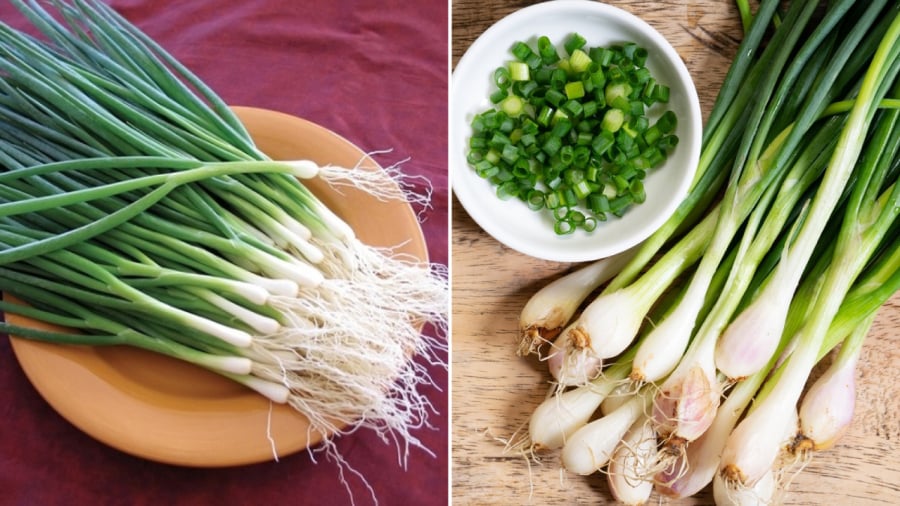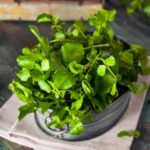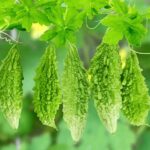Scallions are not just a flavor enhancer that adds color and taste to dishes, but they also pack a nutritional punch. This herb is rich in vitamins B and K, as well as powerful antioxidants. In traditional Chinese medicine, scallions are considered warm and pungent in nature, non-toxic, and are believed to enter the lung and stomach meridians. They are said to promote blood flow, induce perspiration, and treat ailments like headaches, runny noses, coughs, fevers, and colds.
Modern scientific research has revealed that scallions contain high levels of allicin, a potent antibiotic that kills bacteria and boosts immunity.
Scallions stimulate the secretion of digestive juices, aiding those with poor appetite, bloating, indigestion, and vomiting.
Scallions also play a role in regulating the sweat glands and body temperature. Additionally, they contain compounds that help dissolve blood clots. Consuming scallions in moderate amounts can help lower cholesterol levels and prevent cholesterol buildup in the arteries.
While scallions offer numerous health benefits, there are some individuals who should refrain from consuming them.

Who Should Avoid Eating Scallions
Scallions have a warming effect. Therefore, individuals with excessive yang energy or fiery constitutions should consume this herb in moderation. Overconsumption may lead to side effects such as blurred vision, premature graying of hair, and excessive perspiration.
Additionally, those with high blood pressure and women experiencing heavy or early menstruation should also limit their intake of scallions.
While the aforementioned groups may not need to completely avoid scallions, it is advisable to consume them in small quantities.
Individuals with a known allergy to allyl compounds should refrain from eating scallions. This compound can trigger histamine release, causing throat itching and rashes. In severe cases, it may even lead to anaphylaxis.
Precautions When Eating Scallions
- Avoid eating scallions that have turned soft and discolored. Only consume scallions that are fresh and firm, with green tops and white bulbs. To store scallions, wash, dry, and chop them before freezing. Alternatively, you can easily grow your own scallions in a home garden or in pots on a balcony or rooftop.
- Do not consume scallions with honey. This combination may cause bloating and indigestion. It is best to avoid mixing these two foods to prevent any digestive discomfort.
Scallions are a popular ingredient in Vietnamese cuisine, adding flavor and color to dishes. However, it is important for certain individuals to consume scallions in moderation to maintain their health and well-being.





































